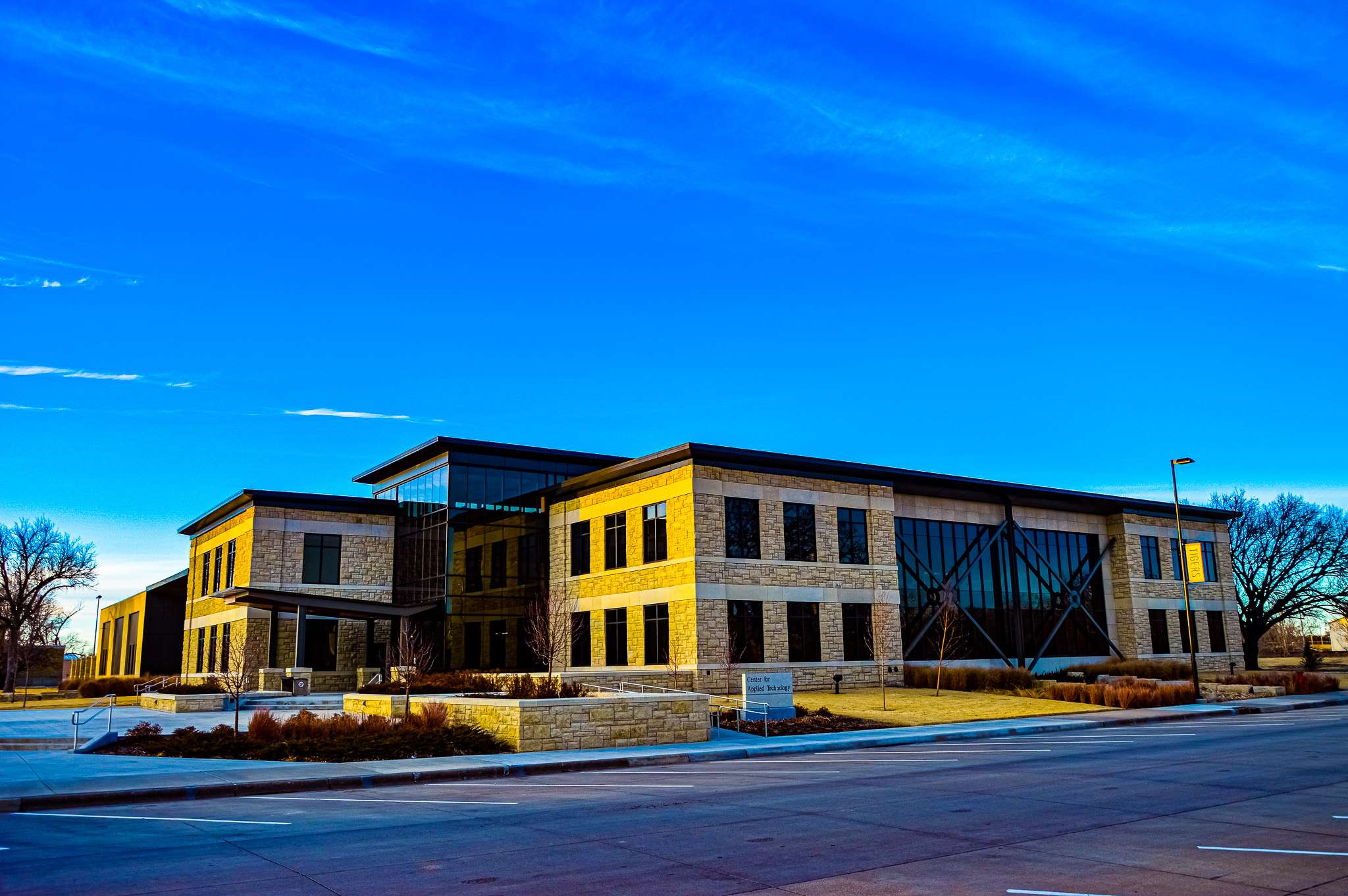
Local colleges seek to fill need for workers in building trades
By CRISTINA JANNEY
Hays Post
The construction industry is facing a shortage of workers locally and nationwide, which is delaying and adding costs to much-needed housing projects.
The industry needs 650,000 workers in order to meet demand in 2022, according to Associated Builders and Contractors.
The workforce dilemma is being made worse as skilled workers age out of the workforce and fewer young workers are taking their place.
According to the Centers for Disease Control and Prevention, one in five construction workers are older than 55.
Local schools, such as NCK Tech and the Department for Applied Technology at Fort Hays State University are working to fill positions with new workers, but gaps remain, said Doug Williams, Grow Hays executive director.

Williams said the area has a shortage of framers and companies that can build foundations and basements. He said only one basement company, based in Larned, is available in the area.
"It's not much competition and makes us pretty vulnerable," Williams said.
Williams said a local developer had eight basements installed, but is waiting up to 45 days to get framers on site.
He said the worker shortage creates a cascade effect on the housing market.
"It pushes everything back and slows down the process," Williams said. "Our ability to get those houses done and people to move into them and sell the houses they are in — it slows down the whole chain of events."
Williams said a lack of competition also tends to result in higher prices. With delays, developers are also facing the volatility of the materials market. If they don't know if material costs or going to go up or down, they have to build contingencies into their budgets.
Training the next generation of workers
Pay is strong for workers going into skilled fields, such as plumbers, electricians, HVAC professionals and carpenters.
"If you can learn a trade, you can be assured employment and a good living," he said.

NCK Tech graduated 18 students from its building trades program this spring. Twenty-three students are enrolled in the nine-month program that starts in the fall. The program has a wait list.
Brandon Jacobs, NCK Tech carpentry and cabinetmaking instructor, said the school's graduates are in high demand. Companies from all over the state visit campus to recruit students.
"This type of trade is highly sought after right now," Jacobs said. "We are at capacity student-wise, but it would seem that the field's at a shortage. Everybody is looking for help in almost all the trades, not only construction and carpentry."
Cody Blew of Phillipsburg was one of the May graduates from the program. Blew entered the NCK Tech program directly out of high school.
"There's plenty of work and it's a fulfilling job," he said of his choice of the building profession. "It's something that the world needs."

Carpentry student Demetrio Flores of Liberal will be continuing at NCK Tech in the business management track. He hopes to eventually own his own construction business.
Flores started his education at Fort Hays State University but said he didn't feel that was the right place for him and made the switch after a year.
"There's plenty of work to do," he said."There's always going to be carpentry jobs wherever you go."
The culmination of the NCK Tech carpentry program is the construction of a house, which sold at auction in the spring. The students design and choose all of the materials for the home, Jacobs said.

FHSU program grows rapidly
FHSU has two tracks in the building trades — construction technology and construction management.
Students from both degree tracks will likely become foremen or superintendents. The students in the applied technology track are more likely to enter the residential market, and the students in the management track are more likely to work in commercial construction, said Kim Stewart, chairman of the Center of Applied Technology.
Although accounting for inflation, construction spending over the last 12 months is down, more workers will be needed to fill projects created by the federal $1.2 trillion Infrastructure Investment and Jobs Act.
Ten years ago, the department created the construction management track with two students. The track has 80 students now. The construction technology track has about 20 students. The program not only draws students from Kansas, but also from surrounding states.
The department has a 96 percent to 98 percent job placement rate within a year of graduation. Stewart in part attributed the high placement rate to the two internships most students complete before graduating.
This summer the program has 49 students on internships. Those students have been placed locally and across the Midwest.
Stewart said construction management industry growth is estimated at 10 percent to 11 percent during the next five to eight years.
Entry-level construction managers can earn $55,000 to $60,000 per year, Stewart said.
Stewart said FHSU graduates would likely be working on projects similar to the Center for Applied Technology building, which was a multi-million dollar project.
Graduates are also being hired to work on roads, bridges and other infrastructure projects.






